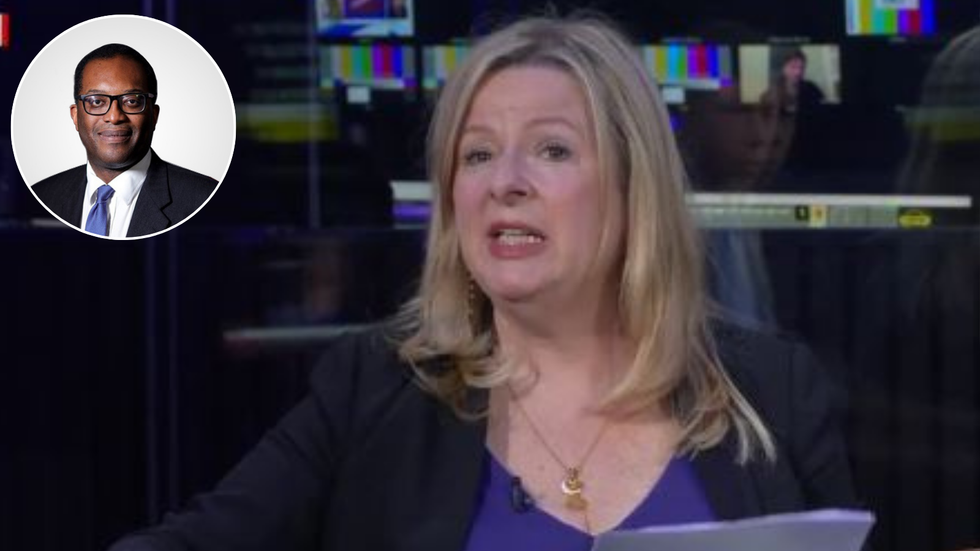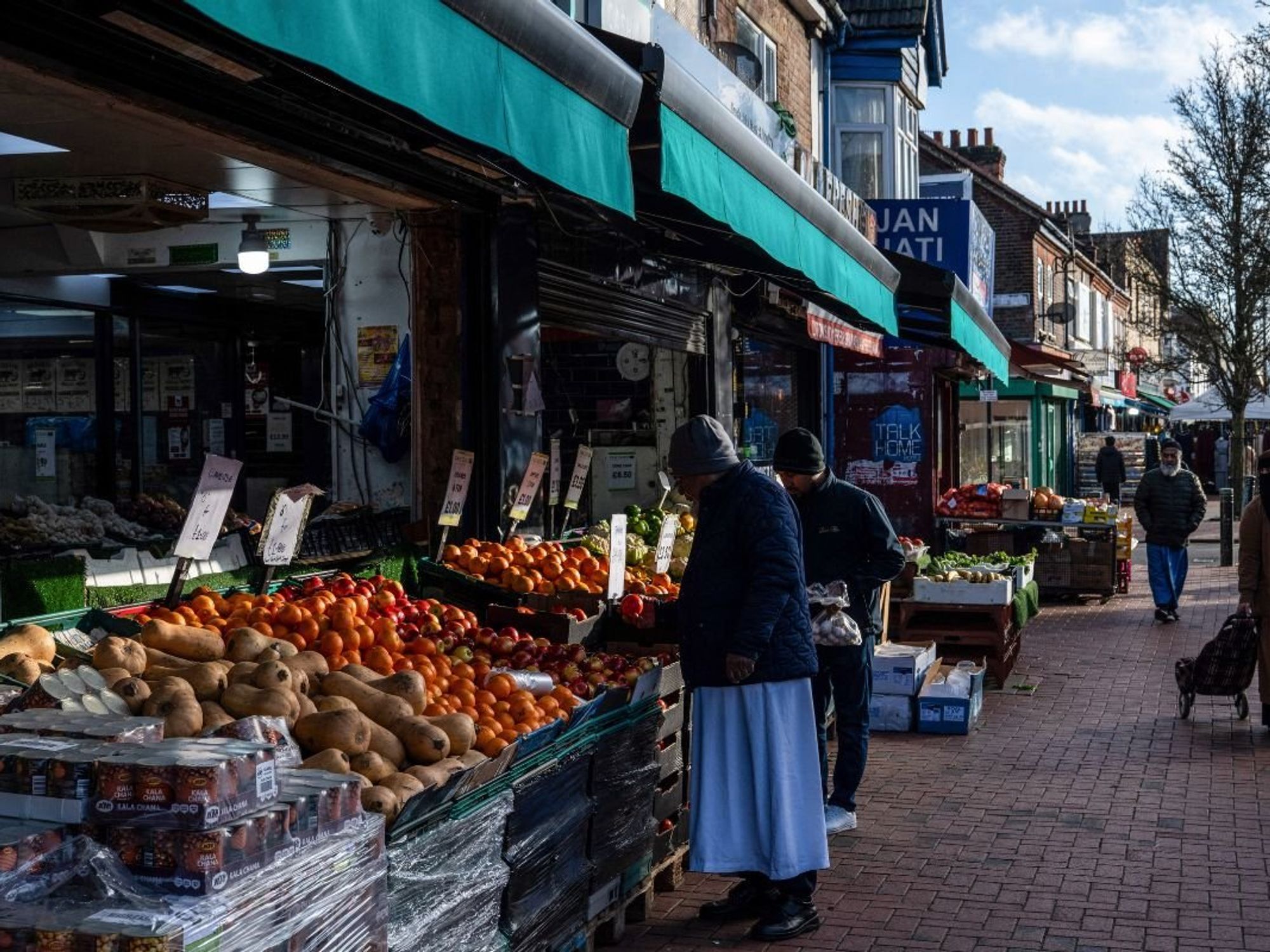Britons will not tolerate UK's descent into being controlled by George Orwell thought police - Kwasi Kwarteng

Kwasi Kwarteng is the former Chancellor of the Exchequer and Tory MP
Don't Miss
Most Read
Latest
I must confess I do not know Allison Pearson well. I think she’s a good writer and I appeared with her on Nigel Farage’s show a few weeks ago. We discussed her experience at the hands of the Essex police. She seemed more bemused than angry. She was also polite and friendly.
What happened to her on armistice day this year, however, was not polite or friendly. Essex police paid a visit to her home where she had what used to be termed “an interview without coffee”. She was being investigated for posting a tweet more than a year ago.
The offending tweet had been deleted but the Essex police still felt it worth their while to “investigate” the alleged crime. This was Kafkaesque, as Pearson herself suggests. Kafka’s book, the Trial, is about a man condemned to die for a crime, the nature of which is never revealed, even to him. The book presents a nightmare vision of a world gone mad, where arbitrary power lurks above the citizen, and exerts its power in a capricious and destructive manner. It is meant to be a terrifying portrait of a new reality.
The Pearson affair, however, reminds me more of George Orwell’s literary work. Unlike the German Jewish writer, Franz Kafka, Orwell was an upper-class Englishman. He created his own nightmare vision of dictatorial rule with a truly original concept, the thought police. In his masterpiece, 1984, “thought crime” itself is defined as the crime of thinking in ways not approved by the ruling party.
“Big Brother is watching you!”. That’s what it felt like for Pearson. She is lucky enough to have the profile and platform, as a newspaper columnist, to express outrage at her treatment.
Much like in the case of the Farage debanking scandal, public people have the ability to stand up for themselves. Normal people, without the resources and profile of Nigel Farage and Allison Pearson, can be much more intimidated in this new climate.
Profile in our world is everything. Allison’s case got huge publicity, with even Elon Musk, the richest man on the planet, chipping in. “This needs to stop”, he relayed on X, the name he gave Twitter after he bought the platform. Elon has also spoken of the “shocking amount of censorship” in the UK.

Be assured that one of the most irritating features of this surreal story is that the number of actual crimes has gone up. Shoplifting has risen by 12% in Essex in the year between Allison Pearson’s tweet and the knock on her front door. Maybe the time spent “investigating” Ms Pearson could have been better spent fighting the epidemic of shoplifting.
Actual crimes, such as those committed against the body or property, can have a devastating effect on the victims. Thought police crimes don’t often have victims. The police have even come up with those absurd NCHIs or “non-crime hate incident”, which should be recorded. For what purpose, nobody knows. This will lead to more needless bureaucracy and less actual crime prevention.
It is unclear where our new category of thought crime will extend. The notion of a non-crime “incident”, which we can assume our policemen and women will “monitor”, is chilling.
The backlash against the investigation into Allison Pearson clearly made some impression, or perhaps it was merely a coincidence that the Essex police dropped the case last week.
Perhaps British common sense will reassert itself to subvert this nonsense. More box-ticking, wokery and bureaucratic over-reach will turn this country into a semi-totalitarian nightmare.
I do not trust this Labour government to stop this trend. I am confident, however, that the British people will not tolerate this descent into being controlled by a version of the thought police George Orwell so vividly described in his novel.










